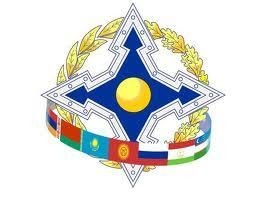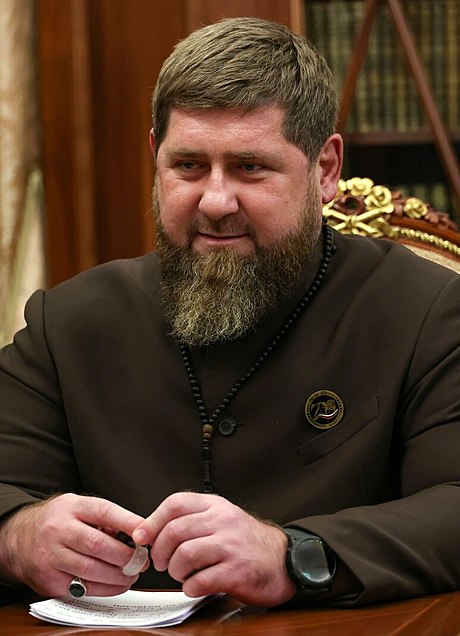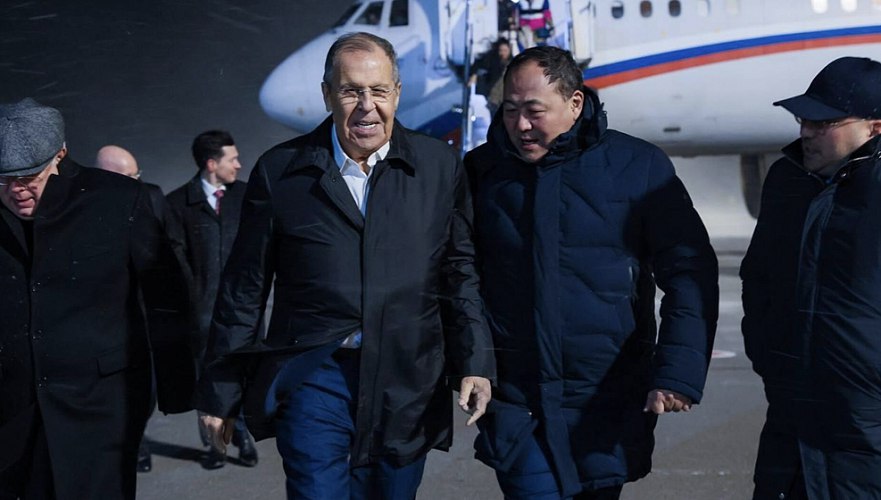TASHKENT (TCA) — Uzbekistan’s Foreign Minister Abdulaziz Kamilov has said his country has no plans to rejoin the Collective Security Treaty Organization (CSTO) — a post-Soviet security alliance of Armenia, Belarus, Kazakhstan, Kyrgyzstan, Russia, and Tajikistan, which means that Uzbekistan’s policy towards the Russia-led bloc would remain the same despite a leadership change in Tashkent.
“The question of renewing our CSTO membership is not on the agenda,” Foreign Minister Kamilov said in a televised interview in Tashkent on July 5.
“There are no plans to discuss or review this matter in the future,” he added.
The CSTO is a security bloc founded in 2002 on the basis of the 1992 Collective Security Treaty. It comprises Armenia, Belarus, Kazakhstan, Kyrgyzstan, Russia, and Tajikistan.
Uzbekistan, which has had a rocky relationship with Moscow, suspended its membership in the bloc between 1999 and 2006 and then quit it altogether in 2012. Some have wondered whether Tashkent would rejoin the grouping after longtime Prime Minister Shavkat Mirziyoyev was elected Uzbekistan president in December 2016, RFE/RL reported.
In the meantime, Uzbekistan is now developing military cooperation with Russia, which could be considered a result of Mirziyoyev’s policy aimed at strengthening his country’s relations with Moscow.
Russian media reported on July 3 with reference to a high-ranking Russian military official that Russian and Uzbekistani armed forces will hold the first joint military exercises since 2005 in Uzbekistan this autumn.
The Russian and Uzbek militaries will hold joint tactical exercises at the Forish training ground located 250 kilometers outside the Uzbek capital, Tashkent, in October 2017, Assistant Commander of Russia’s Central Military District, Colonel Yaroslav Roshchupkin, said on July 3, Russia’s TASS news agency reported.









